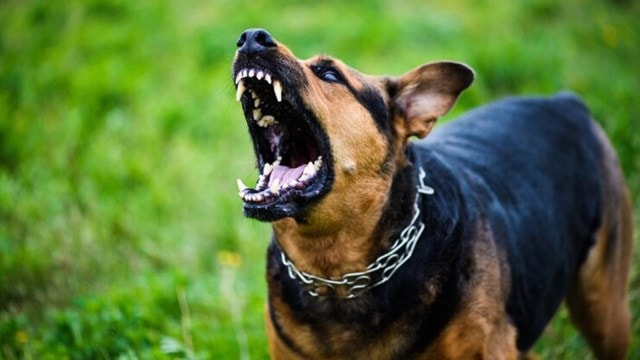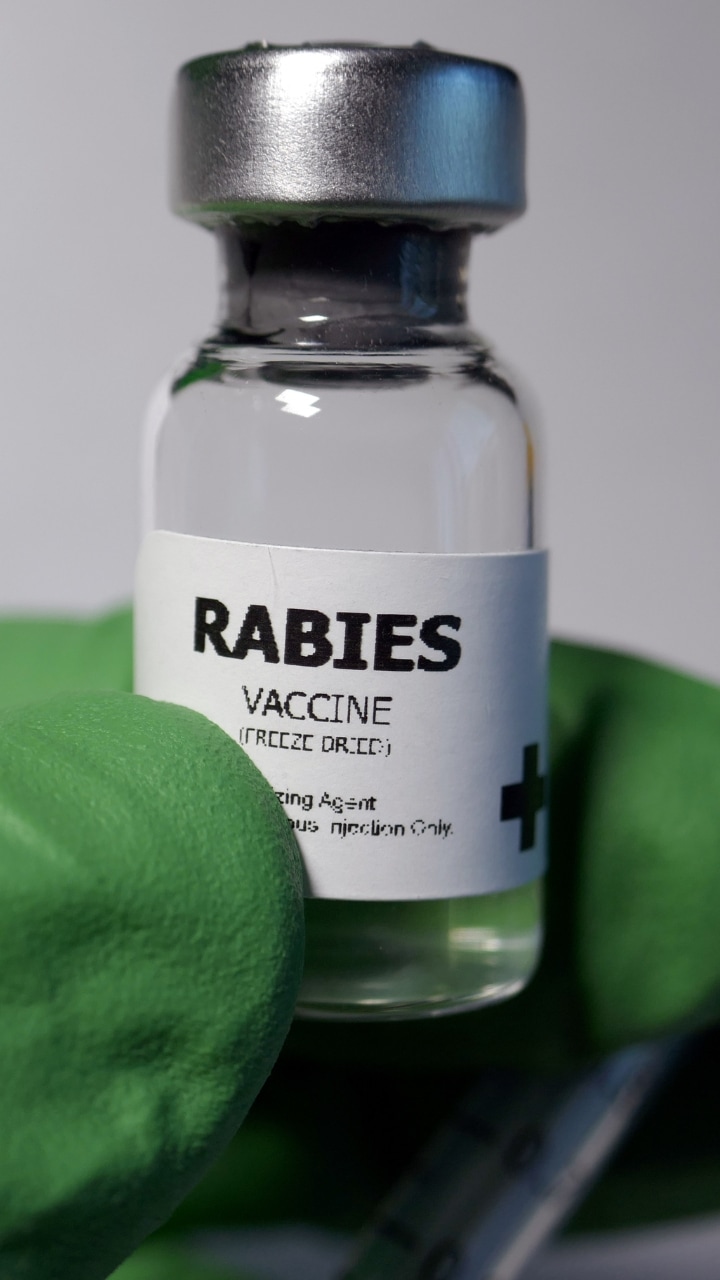📣 For more lifestyle news, click here to join our WhatsApp Channel and also follow us on Instagram
Here’s what you should do if a vaccinated dog bites you
Even with a dog's vaccination status in your favour, certain factors might necessitate medical intervention, said Dr Ishan of Pune Petcare Pro Clinic
 Understand the risks of rabies from a vaccinated dog bite (Source: Freepik)
Understand the risks of rabies from a vaccinated dog bite (Source: Freepik)Picture this: a playful moment turns into an accidental nip, or perhaps a street dog leaves a scratch. “The dog’s vaccinated,” you think. “I’m safe.” Right? Well, the reality isn’t so black and white.
If a vaccinated dog bites you, the risk of contracting rabies is significantly reduced—but not entirely eliminated. Rabies, a zoonotic disease with nearly 100% fatality once symptoms appear, remains a major concern.
Even with a dog’s vaccination status in your favour, certain factors might necessitate medical intervention, said Dr Ishan of Pune Petcare Pro Clinic. Other factors like wound severity and location play a role, and rabies is not a disease to take lightly.
But fret not. Armed with knowledge and prompt action, you can navigate this tricky terrain with confidence.
Why risk still exists: Factors to consider
According to Dr Ishan, while a vaccinated dog offers a safety buffer, various elements influence the need for Post-Exposure Prophylaxis (PEP). These include:
- Vaccination Status of the Dog: A properly immunised dog poses a significantly lower risk, but incomplete or irregular vaccinations may leave gaps in immunity.
- Severity of the Bite: A minor scratch differs from a deep puncture wound. The latter has a higher risk of transmission due to potential exposure to saliva-laden tissues.
- Location of the Bite: Areas rich in nerve endings, such as the face, hands, or neck, are higher-risk zones for infection.
- Immediate Wound Care: Thorough washing with soap and water immediately after a bite can drastically reduce rabies risk.
In such cases, PEP, including a rabies vaccination series and possibly rabies immunoglobulin, might be prescribed. The importance of consulting a medical professional cannot be overstated.
 Rabies is a deadly virus that primarily spreads by animal bites or scratches and damages the central nervous system of mammals, including humans. The best preventative measure is vaccination. (file)
Rabies is a deadly virus that primarily spreads by animal bites or scratches and damages the central nervous system of mammals, including humans. The best preventative measure is vaccination. (file)
WHO and CDC Recommendations
Global health authorities like the World Health Organization (WHO) and the Centers for Disease Control and Prevention (CDC) underscore the importance of swift action post-bite. Here’s what to do, according to Dr Ishan:
- Wash the wound immediately with soap and water for at least 15 minutes.
- Consult a healthcare provider to assess your risk and decide on treatment.
- Evaluate exposure risk with the factors mentioned above.
Vaccinated dogs represent a critical line of defence against rabies, but the disease’s lethal nature means caution is always warranted. As Dr Ishan aptly puts it, “Vaccination is your safety net, but immediate and informed action remains your parachute.”
By staying vigilant, assessing risks with expert guidance, and prioritising wound care, you can keep the risks at bay.
📣 For more lifestyle news, click here to join our WhatsApp Channel and also follow us on Instagram



- 01
- 02
- 03
- 04
- 05
























